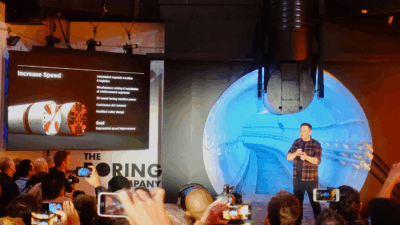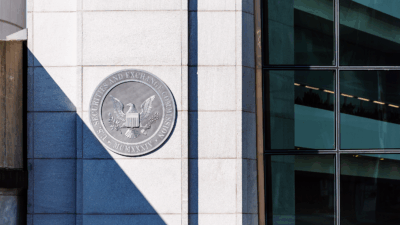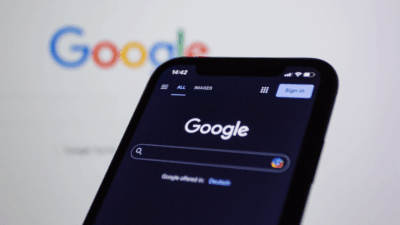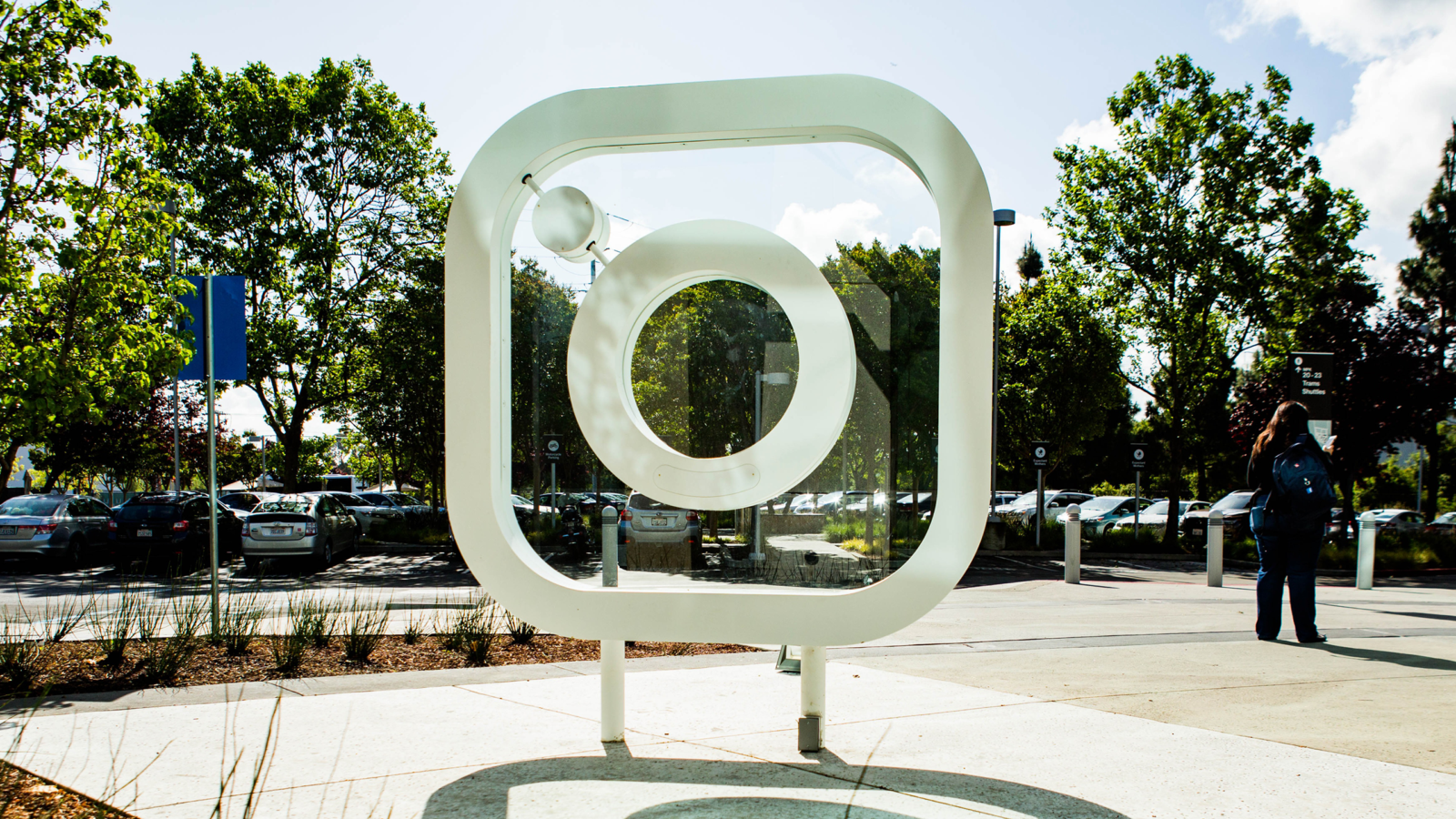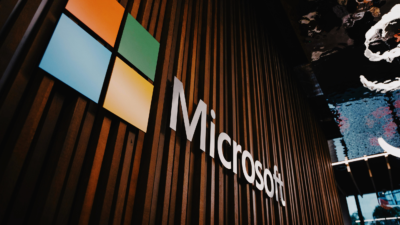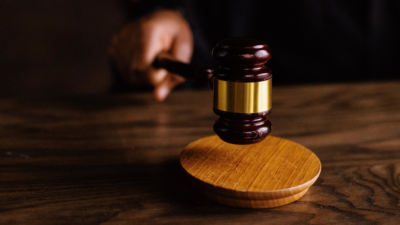The SEC Is Finally Cracking Down on SPACs
Regulators voted in new rules aimed at protecting investors considering investing in the nontraditional setup.
Sign up for smart news, insights, and analysis on the biggest financial stories of the day.
Safer SPACs?
On Wednesday, the SEC voted in new rules governing the special purpose acquisition companies that at one point seemed to entirely supersede the typical IPO playbook, instilling a new batch of protections for investors. SPAC mavens, unsurprisingly, are none too pleased.
The Empire Strikes SPACs
The SPAC pitch for companies looking to go public was pretty simple: team up with a blank-check company and bypass a lot of the pesky steps and rules needed to complete a traditional IPO.
But there’s always a catch. The loosey-goosey nature of SPAC deals made them prone to conflicts of interest and, without rigid disclosure requirements, over-embellished details of core business fundamentals. And because early investors are typically granted special rights, they often cashed out early, leaving mom-and-pop day traders left holding the bag as share prices plummet. Just 27 of the 401 companies that have completed SPAC mergers since January 2021 have seen share price increases, according to SPACInsider.
That led to a series of disastrous SPAC mergers:
- Last year, 21 companies that went public via a SPAC merger filed for bankruptcy, according to data compiled by Bloomberg. That destroyed roughly $46 billion of total equity value compared to market cap peaks.
- Worse, some 140 companies that took the SPAC route will likely need financing this year to maintain operations. And, according to Hudson Labs, about 44% of SPAC companies that filed annual reports last year announced going-concern warnings, versus just 22% of non-SPAC firms.
The Fix is in: The SEC’s new guardrails, due to take effect in about five months, are pretty simple: more disclosures, essentially requiring companies going public via SPAC mergers to operate as transparently as a company pursuing an IPO would. “Just because a company uses an alternative method to go public does not mean its investors are any less deserving of time-tested investor protections,” SEC chair Gary Gensler said in a statement Wednesday. Then again, when investors are pouring into patently shifty SPAC opportunities — as many did recently with the recently SPAC-merged Vietnamese EV firm VinFast, which, despite barely starting production, briefly had a valuation double Ford and GM’s before immediately tumbling — maybe what some investors need protection from most is themselves.




